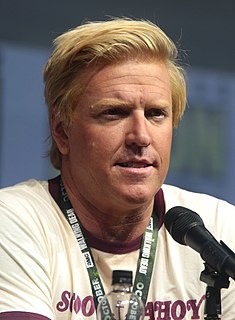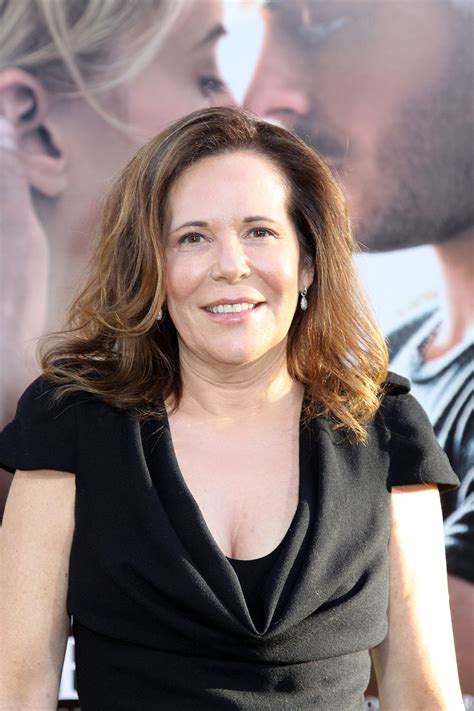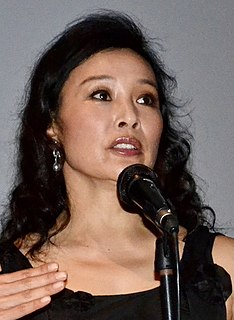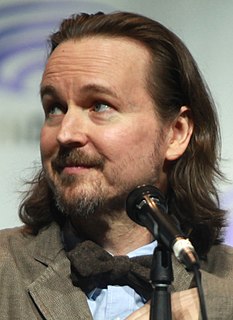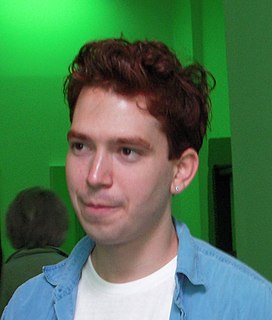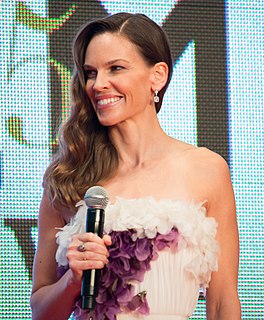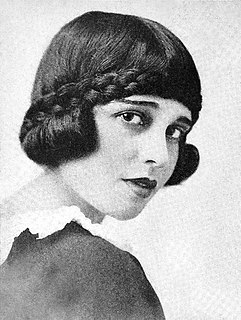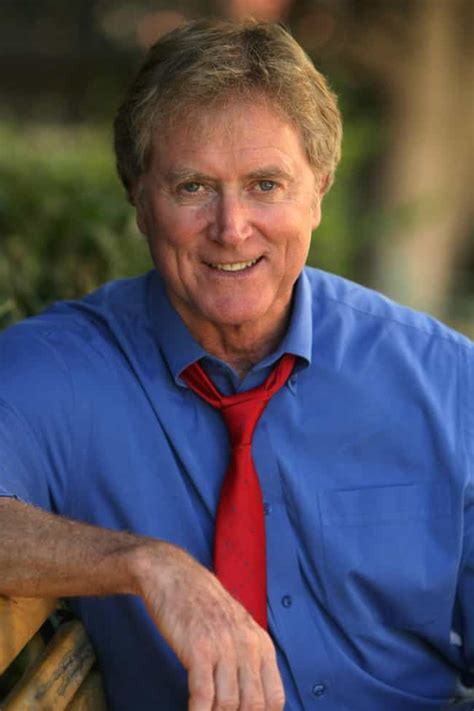A Quote by Mindy Kaling
When I've acted, and it's not been something I've written or have had at least a hand in writing, I do think there is a controlling side of me that is frustrated by that. And I actually don't think that it's a bad thing, because if I'm going to be in movies, in large part they're going to be movies that I write.
Related Quotes
Everybody's been decrying the death of movie theaters for decades and, you know, people are still going to the movies in droves. It's gone down, but it hasn't gone down that much. I think the biggest change has been the emergence of cable and streaming on television. That has really had a dramatic effect, and I think it's a positive one. I think there's really good work going on there, and as movies stratify to being these gigantic tentpole movies, and small movies, I think it gives another outlet for character-driven material.
Of course you're nervous, but we're really excited to be able to share what we're going to share. And it's cool, because what we're going to be doing, I think for fans especially, we think is really cool, because part of the process that most people don't ever get to see [is] that before these movies are movies starring photo-real apes, they're movies starring the image of Andy Serkis and the other actors, who are playing apes.
You're not always going to hit the bull's-eye. I'm going to make movies that work and I'm going to make movies that don't work, and that's just a part of being creative. Because really, I think if you're taking risks and you're pushing yourself and you're doing things that scare you, you are going to fall on your face, and it's not always going to work.
As far as writing, I like watching bad movies. Nothing stops me in my tracks more than watching a great film like 'The Godfather' or 'Dog Day Afternoon' or 'The Graduate.' You watch one of those, and you never want to write again. Whereas with bad movies, it makes you think, If that counts, I certainly could write.
One of the things I always underscore when I teach criticism is that young critics, or would be critics, frequently have this illusion that if they write about music they're somehow part of music, or if they write about movies they're part of movies, or of they write about theater they're part of theater, or write about literature. Writing is a part of literature, we belong the species of literature. If you add all the music reviews together that have ever been written, they don't create two notes of music.
Because I work so much, people think that I have a team writing for me, but that's not why I chose to write music for films. I chose to write music because I like to write music. So every single note that comes out of my studio is written by me, and I wouldn't be able to do two movies at the same time.
I think that television lately has been extremely dark and, in some ways, cynical but I also think that people who are writing those shows probably feel exactly as I do - that sometimes the darkness of a story can highlight the light in a story. There's a lot of cynical stuff but I think it may be even more in movies now where you see so many movies about cynical and corrupted characters. That's the state of many movies right now but movies, television, all of culture, there's always going to be a battle between the stories that are cynical and stories that are hopeful.
In the course of my movies, the financing and the releasing were always the tough part. Because I loved the creative, I loved the writing, I loved the making of it. Because I guess, I never had the giant blockbuster, I never got that sort of ease for the next one. So the next one was always, "how am I going to do this?" And that thing was sort of always the thing that made me a little chickenshit to go into the next one. The writing of it was great and the making of it was great, but how am I going to release this thing and am I going to find a studio?
The idea of going to the movies made Hugo remember something Father had once told him about going to the movies when he was just a boy, when the movies were new. Hugo's father had stepped into a dark room, and on a white screen he had seen a rocket fly right into the eye of the man in the moon. Father said he had never experienced anything like it. It had been like seeing his dreams in the middle of the day.
What did Bush do on 9/11? He ran away and hid. Even Reagan knew more about leadership than that, and he was as bad a symbol of America as I can think of, off-hand. But at least he's been in enough cowboy movies to know he had to come out and stand on top of the rubble and be seen shaking his fist or something.

